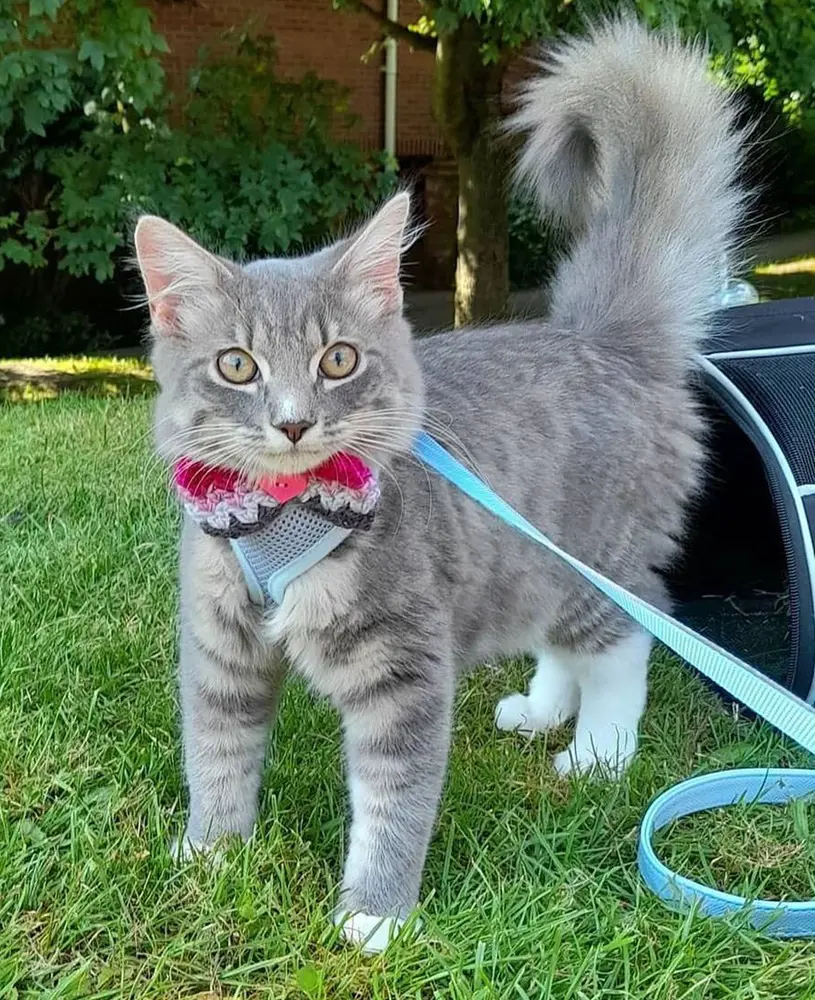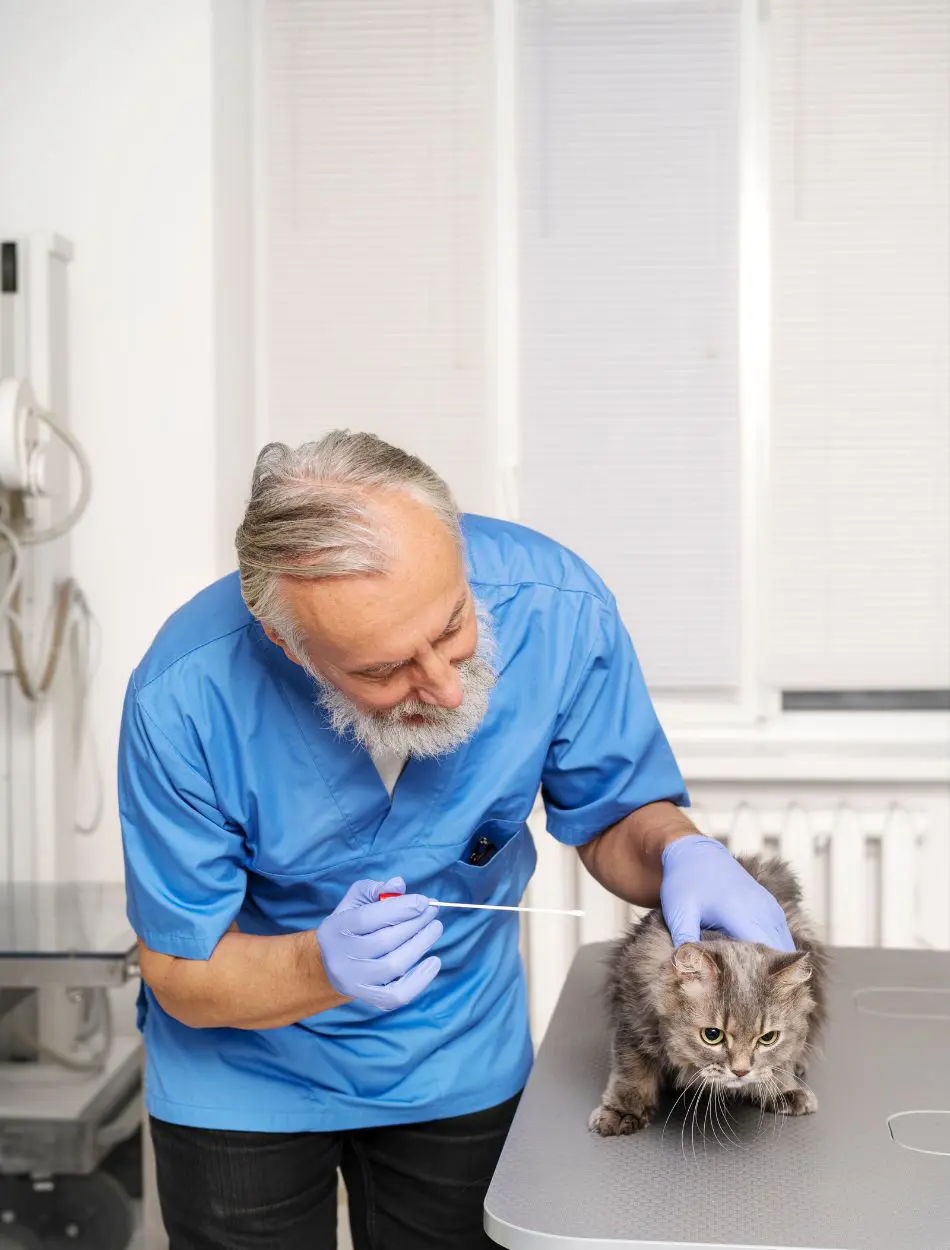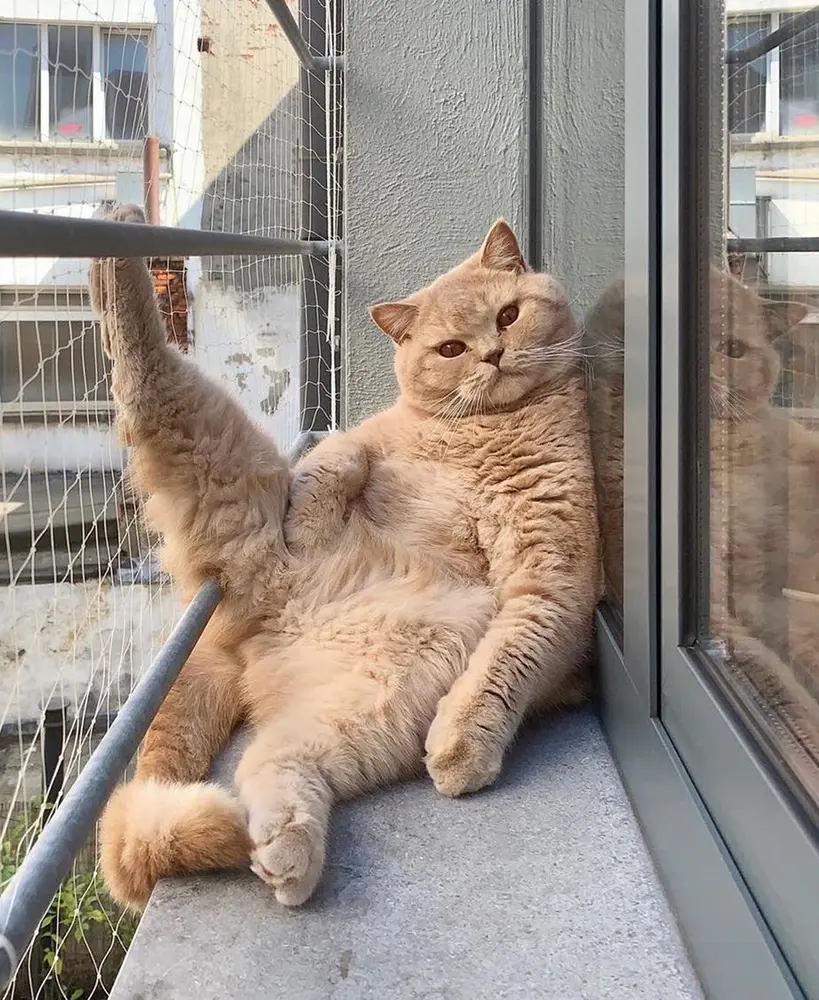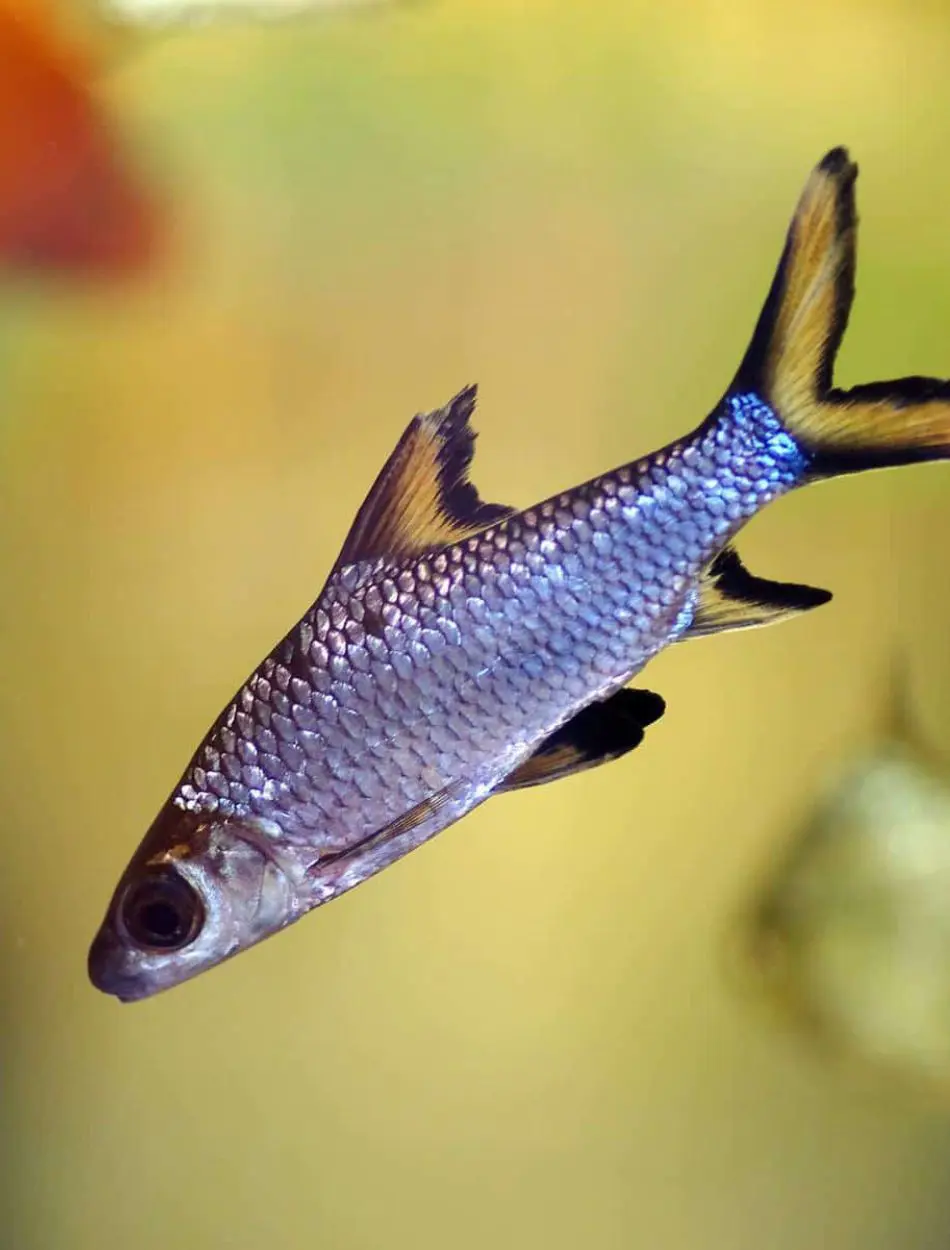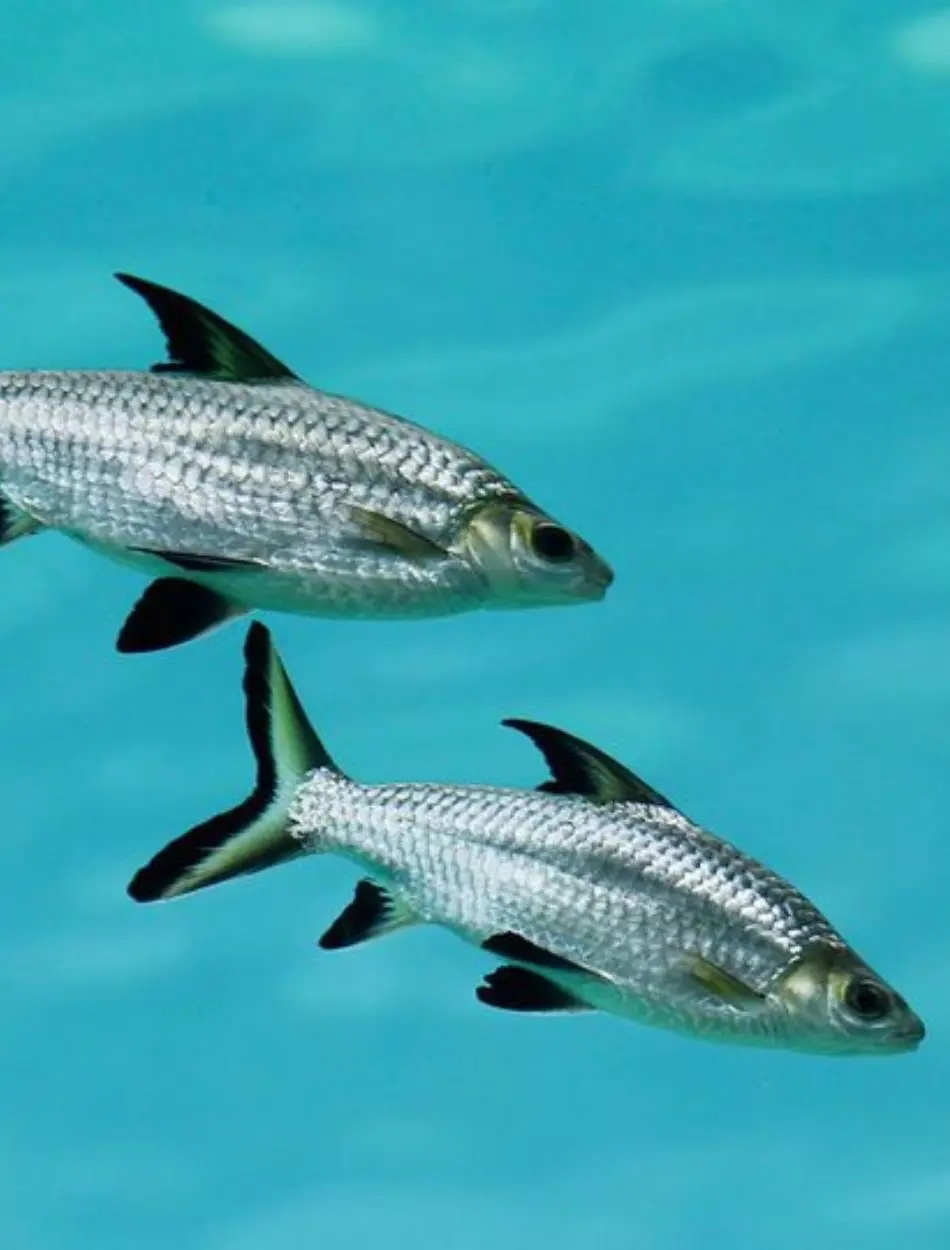20 Vegetables That Cats Can Eat

Cats are obligated carnivores and thus live mostly on meat, but that does not in any way insinuate that they cannot enjoy or benefit from a bit of variety in their meals. Some vegetables are safe to supplement and are nutritional, providing diversity in diet and enhancing the digestion process.
The vegetables will even offer hydration, fiber, and vitamins alongside routine protein diets. It is, however, critical to note that vegetables in the feline diet should constitute minor constituents cats cannot depend on their nutrient requirements on vegetables alone. Feeding them vegetables can not only provide them with nutritional value but also increase meal variety.
1. Carrots
Carrots are one of the vegetables that could be given in small amounts together with your cat's diet because they are rich in beta-carotene, which is transformed by the body into vitamin A. Vitamin A is vital for vision and a good immune system. Besides, carrots do contain a lot of fiber that aids in digestion and also steers away cases of constipation.
Including carrots in a cat's diet every now and then maybe once a week provides all these benefits to the health of the cats without them having to overload their otherwise carnivorous system. It lets them reap all of the nutritional benefits of this colorful orange vegetable
2. Zucchini
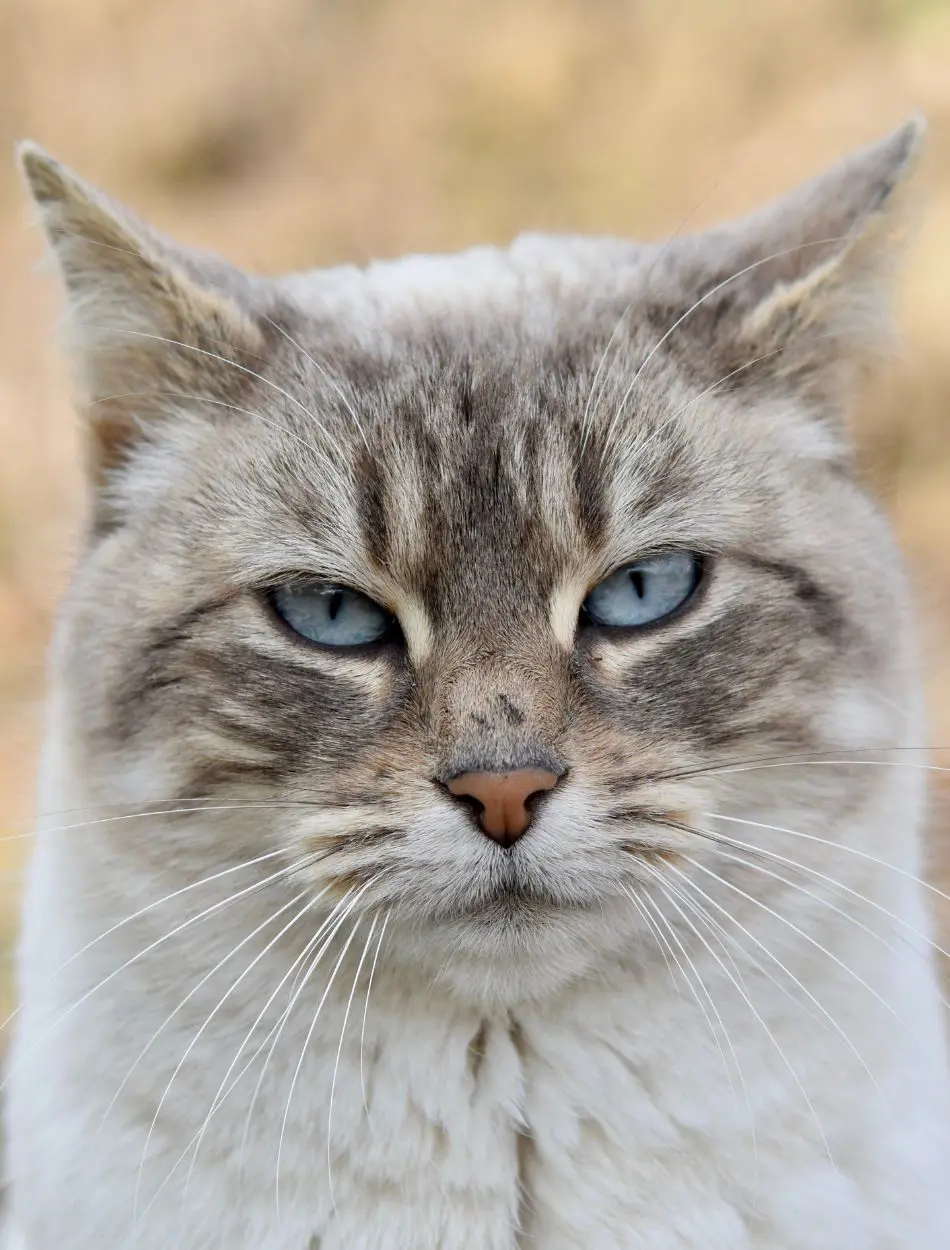
Zucchini is a low calorie vegetable that can be safely added to a cat's diet in moderation. It contains a lot of water and can be another source of hydration for your cat, which is important since cats require good water consumption during the day. This vegetable also contains vital vitamins such as vitamin C and potassium, which help maintain a healthy immune system and fluid balance in the body, thereby improving the overall health of your cat.
When you want to introduce zucchini to its diet, it's always best to steam or boil because this will soften the vegetable, making digestion easy for the cat and maintaining most of the nutritional value the vegetable has. You can therefore provide those benefits throughout the week by just occasionally offering it as a treat, say once or twice a week mixed with their normal food.
3. Green Beans
Green beans are a healthy addition to a cat's diet since they contain dietary fiber, which maintains a proper and healthy digestion process, thereby helping a smooth bowel movement and preventing constipation. This vegetable is also naturally low in calories hence, it is a good snack for a cat you might be trying to help lose a little weight since it keeps them full without the added calories.
The beans should be prepared to be soft when they are to be served to cats so that it can be easily chewed and easily digested, which precludes any digestive issues. Serving them green beans occasionally in their diets once a week could give them these nutritional benefits for a fairly healthy weight and digestive system.
4. Pumpkin
Pumpkin is a useful vegetable to feed the cat since it has a high fiber content that assists in digestion, and hence, the elimination of constipation that is sometimes experienced in cats. Apart from that, pumpkin contains many kinds of vitamins, like vitamin A responsible for the health of the eye and vitamin C, which is necessary to strengthen immunity; hence, the diet's enrichment with these vitamins can be named nutritious.
Make sure to give your cat plain, cooked pumpkin free from spices or added sugar, both of which are dangerous to cats. Try adding a small amount of pumpkin to its meals say a teaspoon twice a week, mixed into its food thus conferring these benefits on your cat, and sure to get the best out of this nutritionally potent vegetable.
5. Cooked Peas
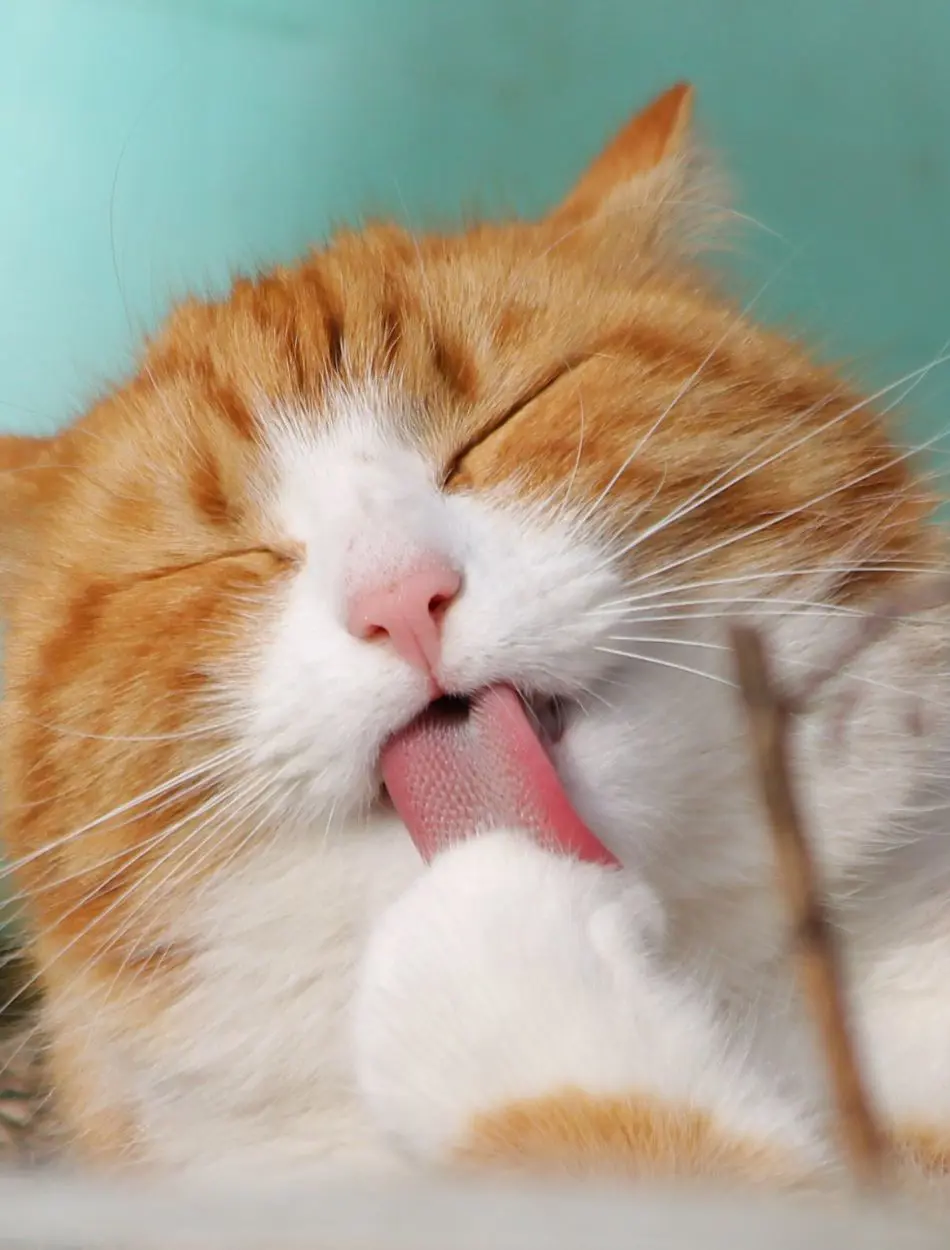
Peas are also another vegetable that a cat can enjoy in moderation, for it is rich in vitamins B1, K, and C, which contribute to the overall welfare of an organism in view of maintaining the immune system, blood clotting, and energy production. What's important is the fact that peas contain fiber that is good for digestion by preventing constipation therefore, it is useful when included in the cat's diet.
You should also pay attention to whether your cat can eat peas that are prepared in a way such as cooking for safety and ease, as raw peas can actually be very hard for digestion and might even have a choking hazard if not chewed well. Including cooked peas in your cat's diet occasionally, perhaps as a small treat mixed with their regular food once a week, can provide these health benefits, adding variety to their meals and supporting their overall well being.
6. Cucumber
You can safely give cucumbers to a cat in small amounts. They provide a treat that is brothy, refreshing, and cool, low in calories, and with quite a reasonable quantity of water, though suitable for those hot days when more hydration is required.
The leftovers of this vegetable contain vitamin K, good for bones, and small amounts of vitamin C, which enhance the immune system adding a little nutritional value to your cat's diet. Offering cucumber once in a while, maybe a week apart, will ensure that your kitty remains cool and properly hydrated, not to mention providing a nutritious, crunchy treat.
7. Spinach
Spinach is a green leafy vegetable that can be added to a cat's diet in moderation. This vegetable provides a source of vitamins A, C, and K, which are good for the health of the eyes, immune system, and blood clotting, respectively. Through these actions, spinach becomes another source of much needed antioxidants by the cat and should be a nourishing addition to the diet.
One of the important points is that spinach, while highly recommended, also contains oxalates, which can, on the other hand, contribute to the formation of urinary crystals in those cats prone to urinary problems. Doing so occasionally, say once every few weeks or so, to include those small amounts of cooked spinach in their diet can give the benefits one would be able to get from them without the possibility of side effects.
8. Sweet Potatoes
Sweet potatoes are starchy vegetables and part of those that can be fed to cats in moderation. They contain dietary fiber that helps to maintain defecation frequency and prevent constipation in the cat, which is a good supplement to the diet. It is high in vitamin A and vitamin C both of which support vision health and immune system functions, respectively, giving nutritional boosts to the diet.
Just make sure that when you give your cat the sweet potatoes, they are well cooked, as raw sweet potatoes are challenging to digest and can serve as a choking hazard if not well chewed. Adding some sweet potato to your cat's regular food is healthy in small amounts and could even be given once a week as a delightful treat. Serve it as part of your cat's usual diet with other elements to maintain variety in their food.
9. Bell Peppers
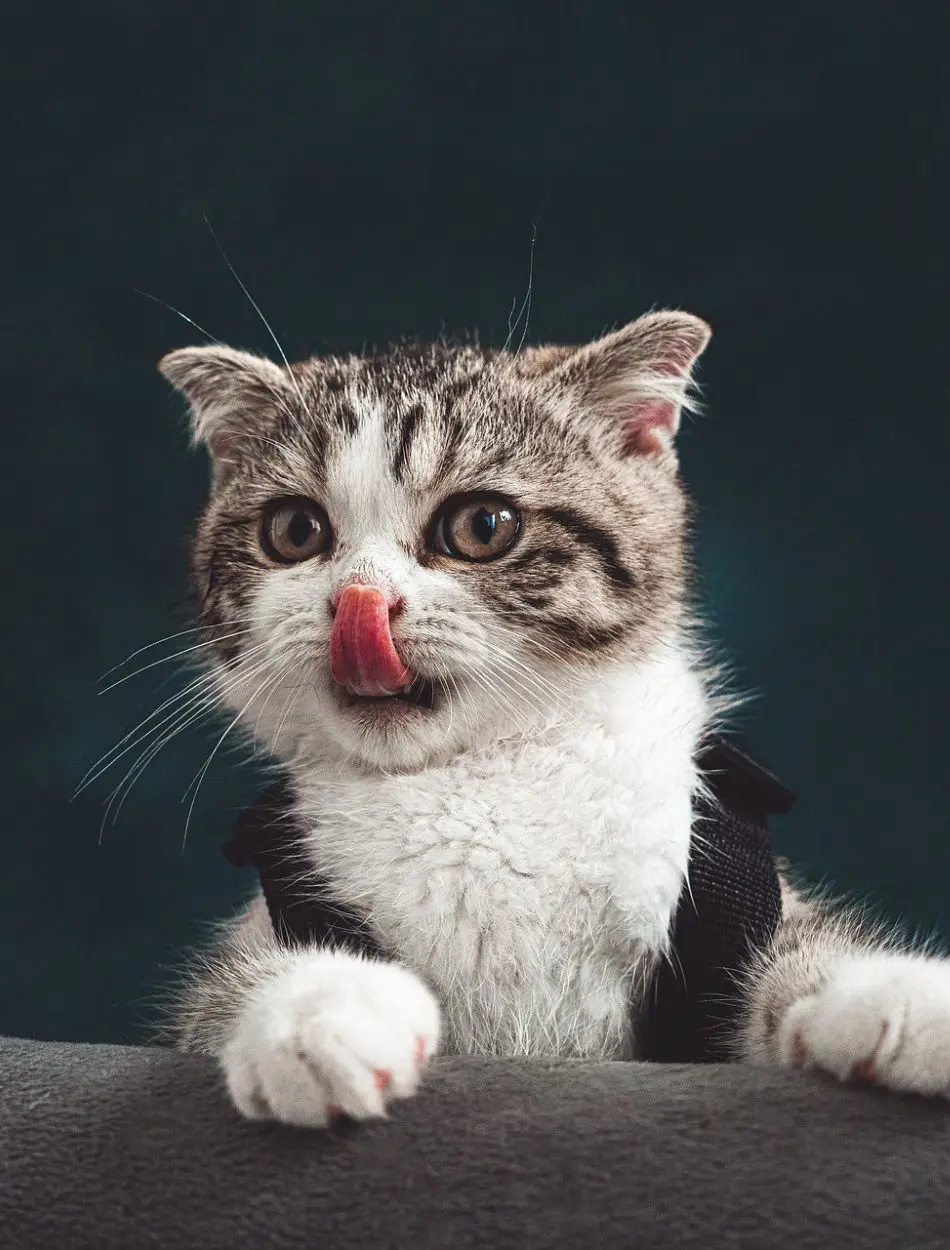
Bell peppers are a colorful veggie that can be safely introduced into a cat's diet in small amounts. They offer a significant source of vitamins A and C, which both promote the health of the eyes and immune system. This way, they provide a healthy way out for your furry friend's meal.
When you feed your cat bell peppers, remember to get rid of the seeds and chop the peppers into small sizes of bites, since this is able to get the pepper properly chewed and digested. Infrequently giving your cat some bell pepper may serve as an added special treat mixed into its food from time to time, once a week, and can have those benefits. But more often than not, it just adds color and vibrancy to the cat's meals overall.
10. Broccoli
The use of fiber is mainly found in broccoli, since it is a vegetable that can be safely given to cats, in moderate amounts, providing good sources of fiber that help in digestion and preventing constipation. Another set of beneficial uses of this vegetable would come from the rich vitamins C and K, which support the immune system in the body and stimulate the process of blood clotting, adding some nutritious value to the meals that are given.
Including small portions of cooked broccoli in your cat's diet from time to time, such as mixing into their food once every couple of weeks, will provide these health benefits while ensuring they experience a varied diet without putting too much pressure on their digestive system.
11. Celery Stalks
Celery is among the great-tasting, crunchy vegetables that you can feed to your cat in small pieces to provide dietary fiber that will help in digestion, hence discouraging constipation, making it a great snack for your cat. Celery also contains vitamins like A, C, and K, which help in enhancing good vision, easing immunity, and ensuring proper blood clotting.
When you serve your cat celery, make sure that you chop the stalks into small, bite sized pieces for easy swallowing. Every once in a while, add small amounts of chopped celery to your feline's diet, possibly once a week as a treat, to provide the health benefits and extra crunch it gets in its meals.
12. Lettuce
Lettuce is crisp and light, so it can be sprinkled in small amounts on the food to provide a hydrating snack due to its high water content, which helps in the hydration of those cats who do not take water in a sufficient amount. Being low in calories, a cat can eat this vegetable as a treat and therefore can be ideal for those cats requiring a proper weight, with this not having excess calories in their diet.
These are easier to masticate, and there are no dressings or seasonings that may turn out harmful for cats. Give small pieces of fresh lettuce occasionally, perhaps as a treat, one or two times a week, and do so without leaving your cat thirsty and unhappy, but don't deprive them of their dietary needs.
13. Asparagus
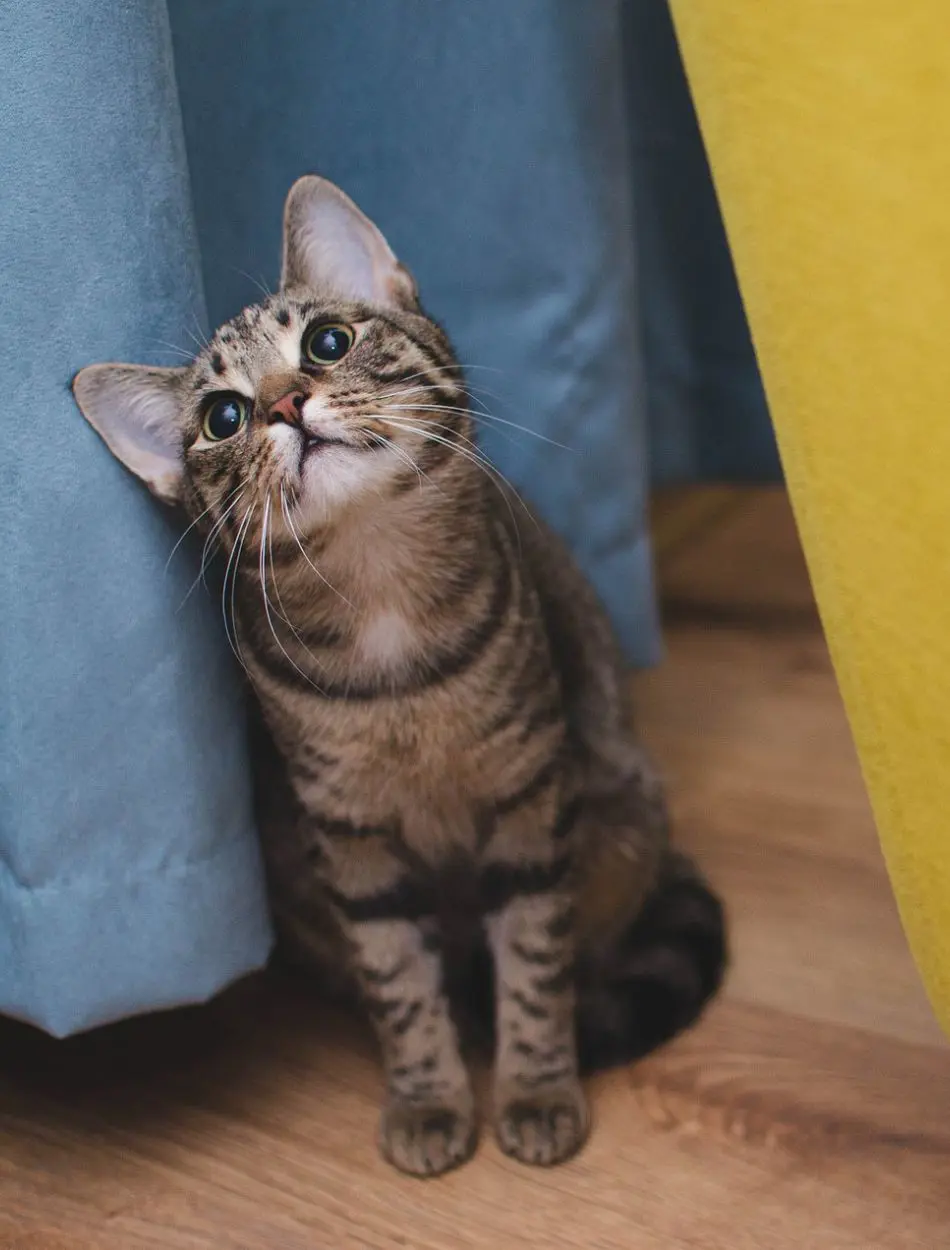
Asparagus is a nutrient dense vegetable that, when fed in small quantities, is okay to give to cats. It is rich in vitamins A, C, and K, which are responsible for good vision, great immunity, and blood clotting, respectively. Asparagus is also a fiber rich vegetable so it enhances digestion and aids in the prevention of constipation in cats.
Feeding cats these items, even in small amounts helps provide some variety and bring new nutrients to their food. Indeed, this will add variety and nutrition to their food and always make sure they eat a well balanced diet.
14. Beetroot
Beets are a root vegetable that can add nutrition to a cat's diet. The fiber from beets helps in easy digestion and timely bowel clearance. This vegetable is also high in antioxidants and vitamins such as vitamin C, which is beneficial to the immune system and the general well being of the cat, thus adding even more nutritional value to the cat's diet.
Raw beets are often considered dangerous because of the hazard of choking that comes from their indigestible hardness but with precautions feeding cats occasional small amounts of cooked beets every week, as one part of a regular diet, would yield benefits, and cats can enjoy a well rounded and healthy diet.
15. Cabbage
Cabbage belongs to vegetables of a leafy kind, which can be fed to cats in moderate quantities as it is a good source of dietary fiber that aids in digestion and prevents constipation which makes it highly useful for cats.
When serving cabbage to your cat it is important to cook the leaves until they are soft as this makes them easier to chew and digest, reducing the risk of digestive discomfort. Although cats cannot live on a strictly vegetarian diet cooked cabbage in very small doses every now and then, such as once every few weeks in a smattering of treats, can be beneficial to their health and to their kibble's crunch.
16. Turnips
Turnips are a root vegetable that will not harm a cat but provide lots of fiber to help promote healthy digestion and prevent constipation, making it a favorable addition to the diet. This vegetable is also rich in Vitamins A, C, and K, respectively for eye health, boosting the immune system, and maintaining proper blood clotting, adding some extra nutritional value to your cat's meals.
When cooking turnips for your cat, be aware of the raw diet, which may be uncomfortable for your cat to chew and digest. Giving cats small amounts of cooked turnips occasionally, perhaps as an offering, mixed with regular food will allow your cats to reap the health benefits mentioned while providing a means to make all diets interesting for cats.
17. Parsnips
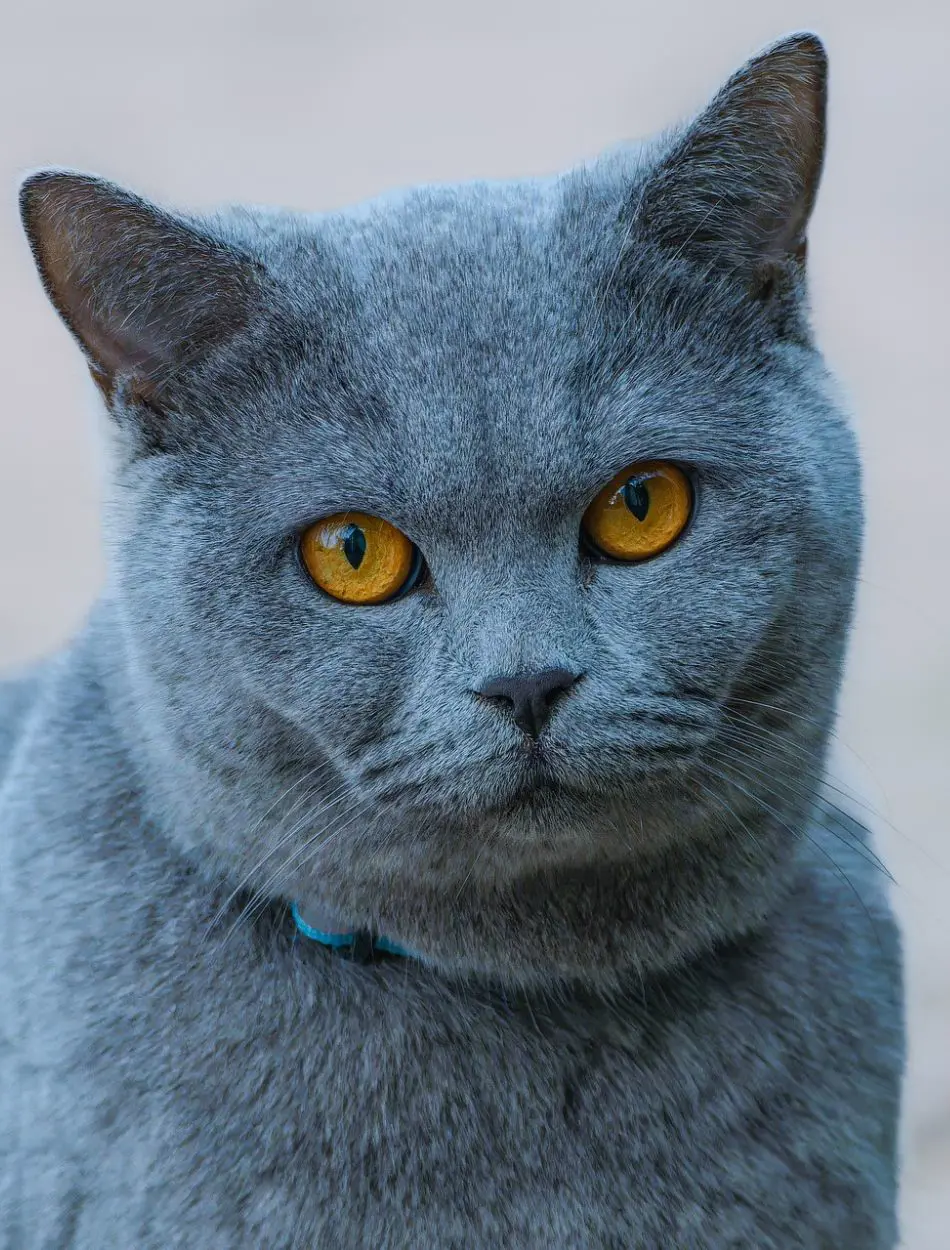
Parsnip is also a root vegetable that might be added in small portions to a diet for a cat. This is because it contains dietary fiber, which is very good for the digestive system of cats. In digestion, with dietary fiber, it may become more regulated and prevent constipation and it becomes useful as its dietary supplement.
Make sure that the parsnips you are serving your cat are not raw, but rather cooked soft, in order to avoid problems in its digestion. Including little portions of cooked parsnips once in a while in the diet probably in a mixture of common food once after a few weeks can keep these health benefits on your feline.
18. Cauliflower
Cauliflower is a vegetable that can safely be added to the cat's nutrition, and if moderately given, it will form a good source of dietary fiber, which will stimulate digestion and avoid constipation, contributing to how positive the cat's food is.
While preparing the cauliflower for your cat, it should be steamed until tender in order to facilitate easy munching and digestion, since this will minimize the likelihood of causing digestive upset. It can add variety to the diet and some of the benefits of this food, help in the overall health of the cat.
19. Brussels Sprouts
Brussels sprouts are a unique vegetable and can be given to cats in careful proportion, as they are good sources of dietary fiber, promote the healthy digestion of cats, and guard against constipation. These little vegetables are also jam packed with vitamins C and K, which will do the work of boosting the immune system and regulating proper blood clotting thereby adding some nutrient value to meals meant for your cat.
Cooking Brussels sprouts well is essential when you introduce them into your cat's diet, as raw Brussels sprouts can be hard to chew and digest. This will ensure that the diet is whole and nutritious for the cat. Feeding cooked Brussels sprouts once in a while may help and this treat can be mixed with regular food once per week.
20. Kale
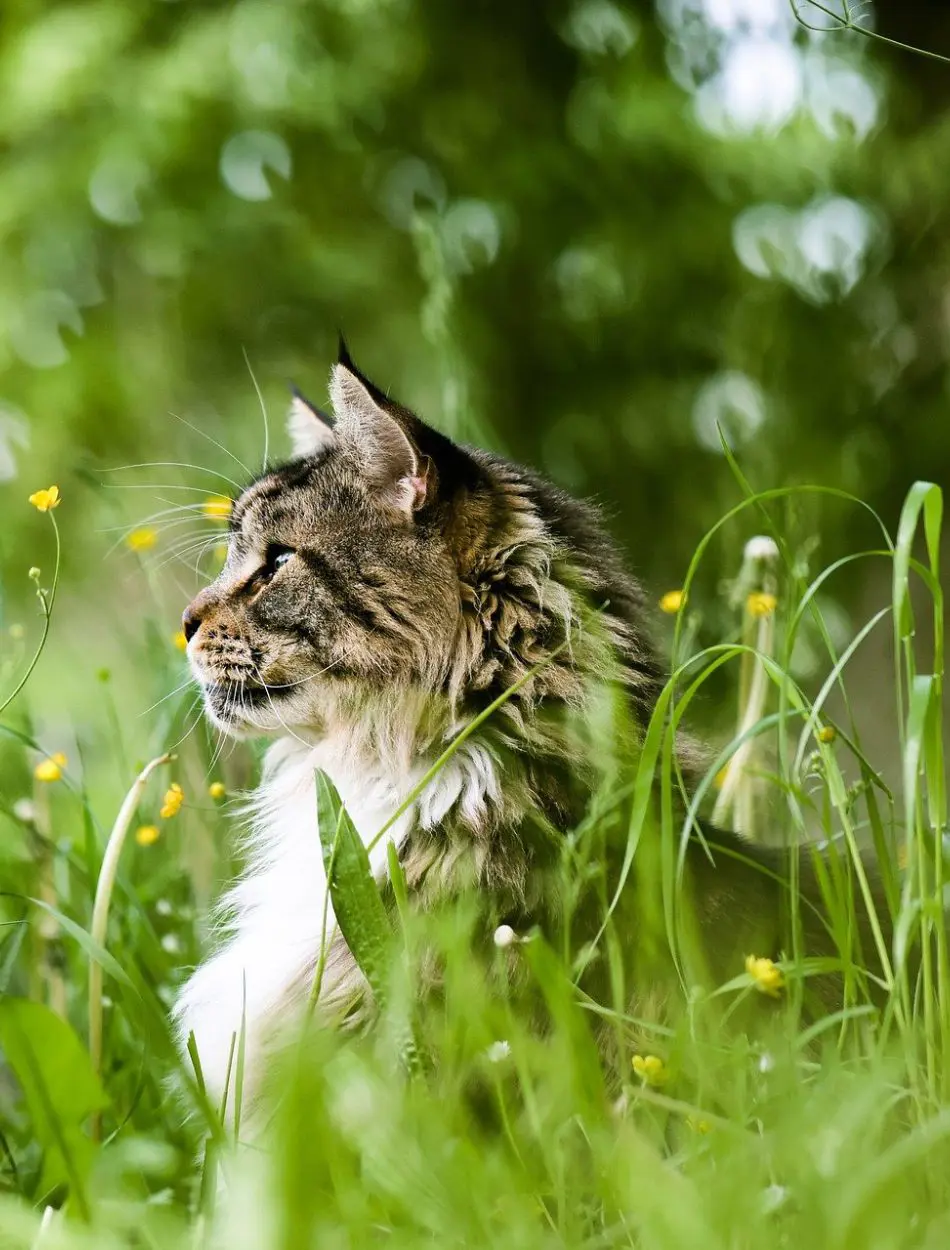
Kale is a green, leafy vegetable that may form part of a cat's diet in small amounts, providing a rich source of vitamins A, C, and K, supporting the eyes, enhancement of the immune system, and healthy blood clotting, respectively. The antioxidants in kale promote overall health and protect cells from damage, making it a perfect vegetable for cats.
While offering your cat leaves of kale, remember to cook them to tenderness, to make them less bulky to chew and swallow, thus ensuring no problems with the digestion. Adding small amounts of cooked kale to your cat's diet occasionally a treat mixed in with their regular food is sure to provide these health benefits, so you can be sure that your cat is healthy and keeps an interesting and nutritious diet.
Top Lists




